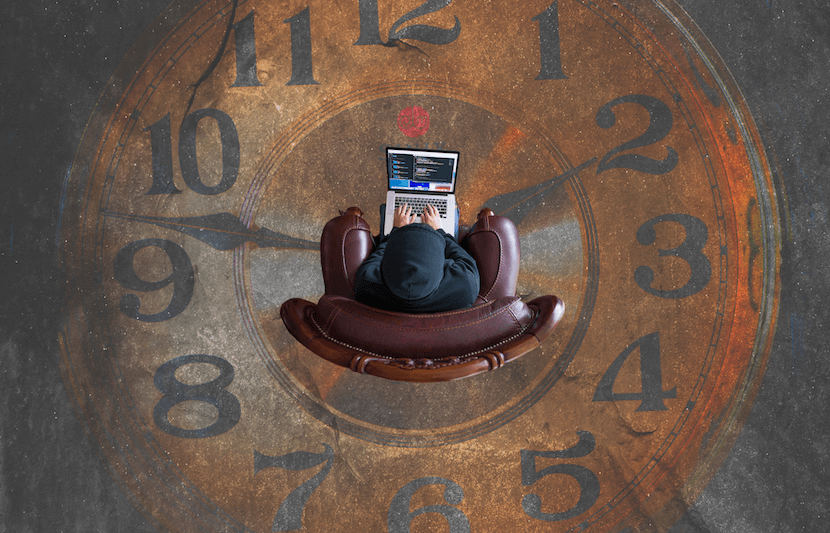We’ve all been there. There is only a week until break, but standing in its way are five days jam-packed with exams, final papers and projects.
Stress, anxiety and depression are widespread at universities, and for many students, finals week can be the most difficult time of the year. Professors cram a semester’s worth of material into one final test, and stress levels start boiling.
“When students are constantly doing work and school, they are at a heightened stress level all the time, and a lot of times people can’t necessarily recognize it in the moment … then you’re existing like that all the time and it can be hard to relax,” Brian Vanderheyden, the assistant director of student wellness at Iowa State University (ISU), said in a statement.
During this hectic time, it is important for students to maintain their mental wellbeing and remember to take care of themselves.
How to manage stress during finals
Personal mental health should always be prioritized over a final grade.
When stress and anxiety begin to break out, one of the best ways to manage them is through mindfulness.
Deep breathing exercises and taking moments to relax can greatly alleviate the pressing weight of a final assignment.
At ISU, the Student Wellness Center set up “mindful walk signs” throughout campus to help students practice meditation techniques while walking between classes.
And while it is easy to feel unable or become discouraged during exam week, it is extremely important for students to treat themselves with compassion — even if they have to trick their mind into doing so, according to Vanderheyden.
He believes that spending personal time to practice and maintain good mental health is a priority, not a selfish act. He suggests students treat themselves as they would treat a friend.
“If you had a friend suffering, how would you help them?” Vanderheyden said in a statement.
He also suggests writing down three good things that happen each day, so that students can recognize all of the positivity in their lives, rather than dwelling on the negatives.
Maintaining healthy sleeping habits must also be a priority.
Although a heavy workload has made pulling an all-nighter a staple study technique, it is extremely important for students to get enough sleep.
A recent study shows that the amount of sleep students get each night can directly impact their exam grades.
The researchers found that students who averaged eight hours of sleep for the five nights of finals week scored higher on their final exams than those who didn’t.
Additional studies have linked a loss of sleep with increased rates of stress, confusion and mood disturbance, as well as to increased anger.
If stress becomes unmanageable
Sometimes, stress, anxiety and depression can’t be dealt with alone.
If students are feeling unmanageably overwhelmed by finals, they should seek help through their university’s student wellness centers, university support centers and other supportive networks — every university has them.



